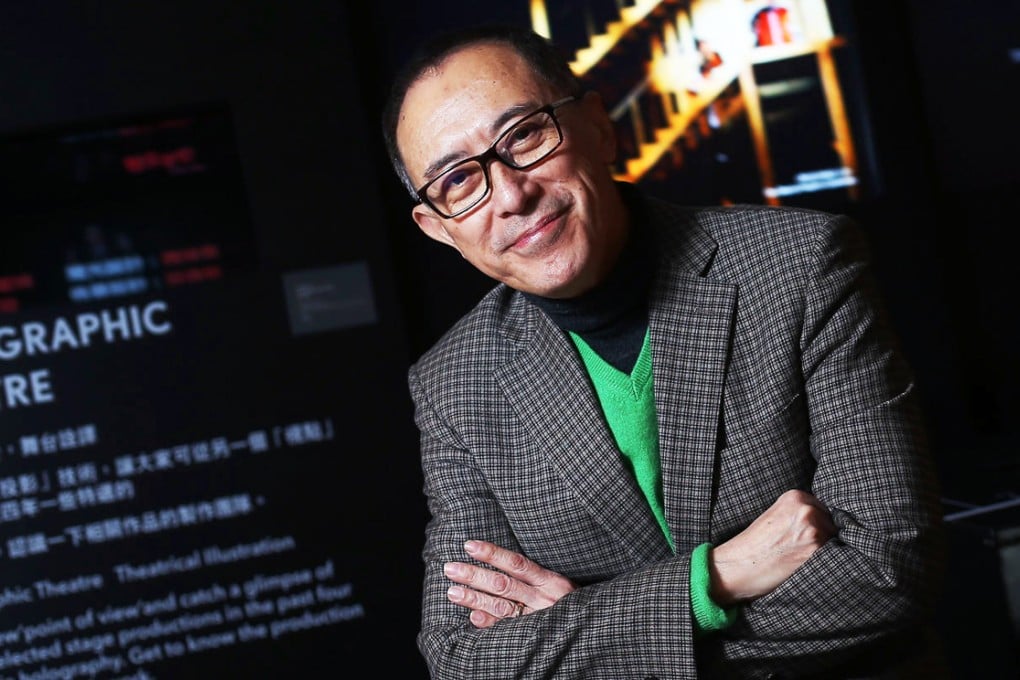Use fusion of Chinese and Western cultures to bring Hong Kong to the world, says director
Its days as a global manufacturing hub are over, but the city's unique heritage now means its arts sector has the potential to reach out to the world

A: What is the one thing you would most like to change in Hong Kong?
Q: We need inventive policies for the arts, recognising they can boost Hong Kong's soft power on the world stage
Fredric Mao Chun-fai is standing in the foyer of the Lyric Theatre, a soft smile on his face as he greets members of the audience heading in to see his latest theatrical sensation Tonnochy.
Already in its third run since its debut last July, the star-studded production was a sell-out from the start and is a showcase for Hong Kong's performing arts. "This shows the strength of our cultural software; our ability to produce this kind of work," says Mao
Mao has been named best director at the Hong Kong Drama Awards no fewer than five times, he is a Shanghai-born, Hong Kong-bred artist who studied Peking opera in his early days and launched his career in the United States. So you have to sit up and take notice when he says: "I believe Hong Kong can produce works that can be brought to the world."
He adds emphatically: "I do believe in 'Made in Hong Kong'. We should figure out our niche … use our fusion of Chinese and Western cultures."
Watch: "I do believe in 'Made in Hong Kong'," says director Fredric Mao